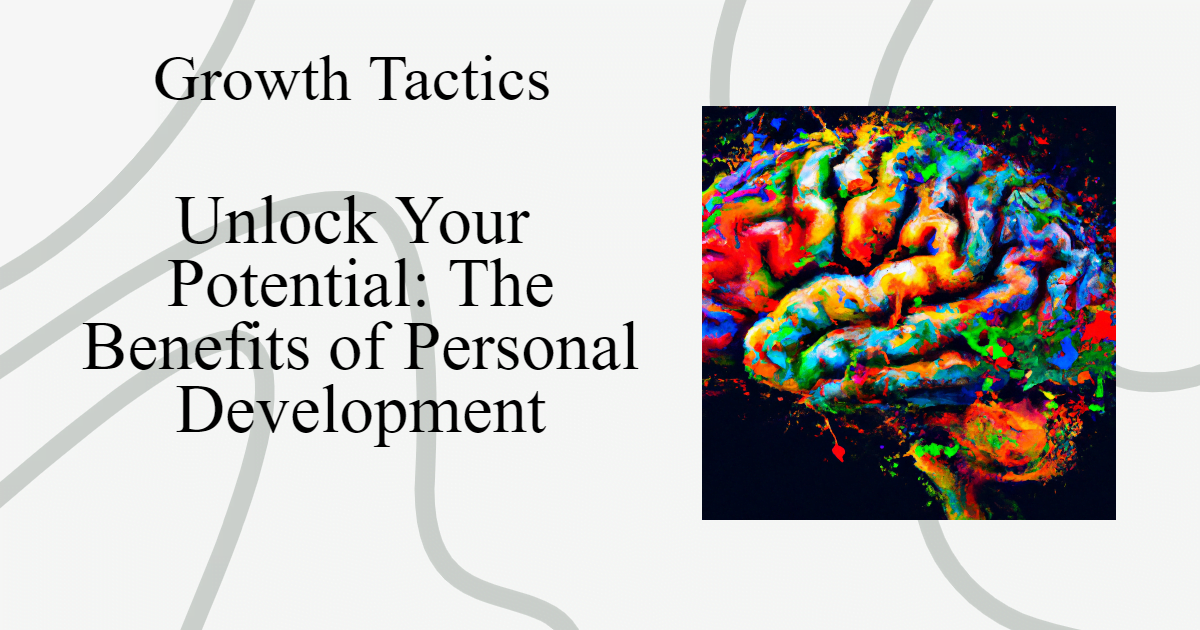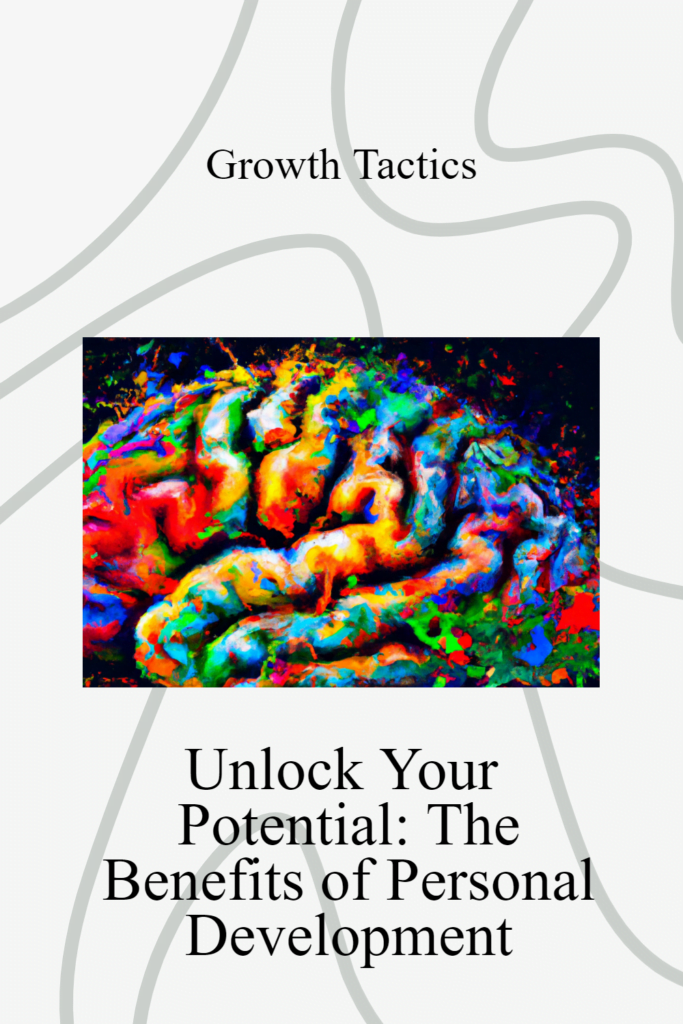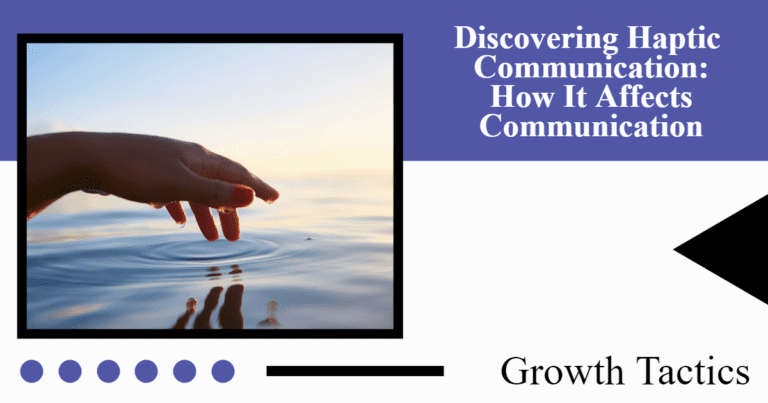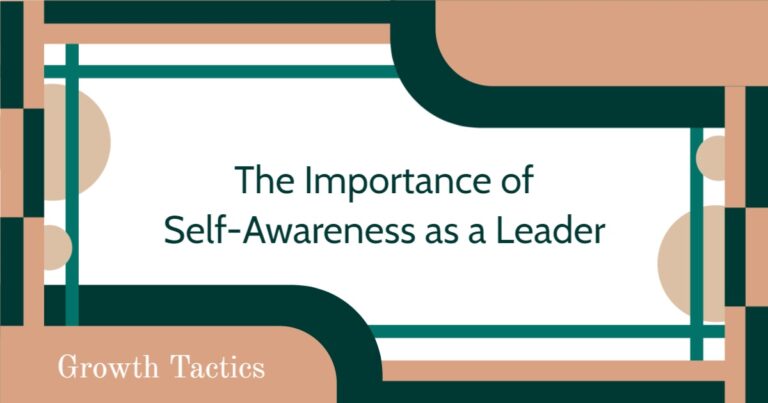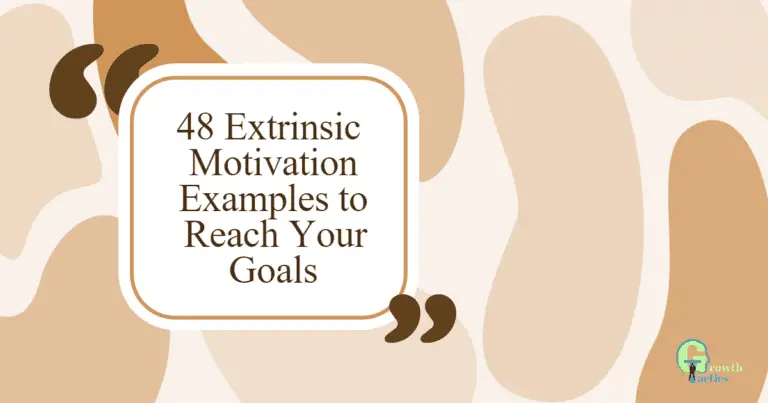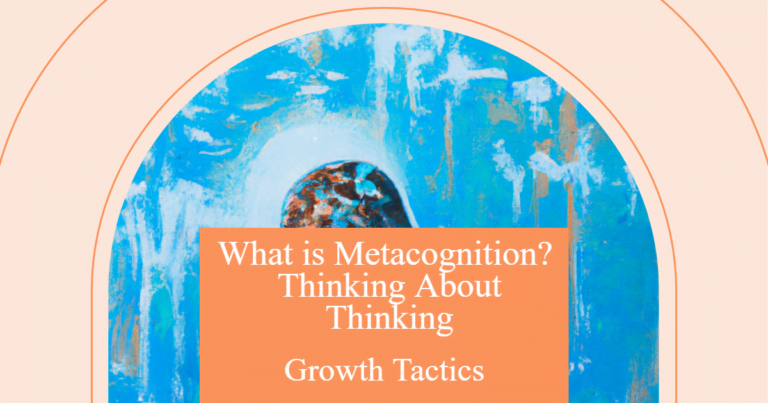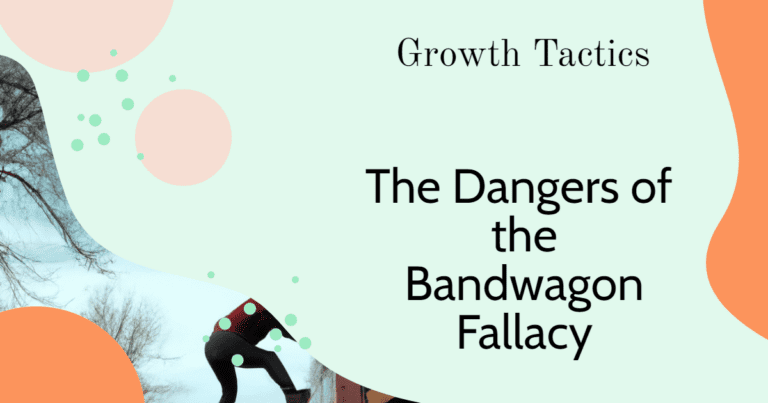Personal development is the process of improving yourself and your life. It’s about becoming the best version of yourself, and it can take many forms. Some people might focus on their career or financial situation, while others may choose to improve their relationships or emotional well-being.
Personal development isn’t just for those who are unhappy with their lives. It’s also for those who want to live better than they do now!
Everyone has areas where they could improve themselves, and if you don’t have any specific goals in mind yet, that’s okay too! Personal development doesn’t have to be complicated or difficult. All it takes is some time out of your day and some effort on your part.
Jump To Section
Physical Benefits
Physically, personal development can help you increase your energy levels, improve your physical health, and get better quality sleep. A great way to improve your physical health is by exercising.
You don’t have to be a gym rat or go for hours on end, but just getting out there and moving around a little bit every day can help you feel better! If you aren’t used to exercising regularly, start slow and work your way up.
Mental Benefits

The mental benefits of personal development are numerous and include increased self-awareness, improved mental health and well-being, increased motivation, and increased mental strength.
Self-awareness is the ability to recognize and understand one’s own emotions, thoughts, and behaviors, and is a key component of personal development.
Studies have shown that increased self-awareness can restrain anti-social impulses and increase personal responsibility to adhere to internalized social standards. Additionally, self-awareness can lead to increased creative achievement.
Mental health and well-being are also important aspects of personal development. Good mental health can lead to a more positive attitude and outlook towards oneself and others, increased openness to new experiences, and an optimistic outlook regarding the potential of individuals, groups, and society to grow positively.
Personal development can also lead to increased motivation. With clear goals, it is easier to stop procrastinating and become more productive. This can lead to more motivation to get the life one wants.
Finally, personal development can lead to increased mental strength. Mental strength is developed over time by individuals who choose to make personal development a priority. Mental strength involves developing daily habits that build mental muscle and giving up bad habits that hold one back.
Emotional Benefits
Increased self-esteem – Many people who have taken a course in personal development report feeling more confident and secure in themselves. This can help you to be more assertive when dealing with others, which in turn will improve your relationships.
Improved relationships – The benefits of having a good relationship go far beyond just being happy. They can also help you to live longer and healthier lives! This is because social support has been shown to reduce stress levels, lower blood pressure, boost immunity, and even improve mental health by boosting positive emotions such as happiness or optimism.
In addition to this research showing that having good friends makes us happier overall numerous studies are showing how our friends affect our health too:
One study found that socially isolated people were twice as likely to have health problems than those who weren’t isolated from their community or family members.
On top of this another study showed that loneliness increases risk factors such as obesity while decreasing physical activity levels so it’s clear why having close friendships might be beneficial for your health!
Spiritual Benefits
A greater sense of purpose – When you’re working on yourself, you’ll often find that your sense of purpose will grow and expand. You may have always known what you wanted out of life, but now it’s clearer than ever before.
Improved connection with the world around you – When we’re not at peace with ourselves or others, we can’t be at peace anywhere else either. And this includes our relationships with other people!
If we don’t feel like our needs are being met in some way (whether emotionally or physically), then it’s hard for us to feel connected with others as well as ourselves.
However when those needs are met through personal development work such as meditation or therapy sessions etc., then our relationships become stronger because there isn’t so much conflict between us anymore.
Financial Benefits
When you’re more productive, you can get more done in the same amount of time. This means you’ll be able to earn more money and have more opportunities for career growth.
Increased productivity – The best way to increase your productivity is by learning new skills and techniques that will help you do your job better.
For example, if your boss asks for a report on how well the company did last year, but all the data is stored in an Excel spreadsheet on his laptop at home, then he won’t be able to give him an answer until tomorrow morning when he gets back into town!
But if one of his employees had learned how to use Access instead (a database program), then they could easily pull up all those numbers right away without having any issues accessing them from home or anywhere else outside work hours
Social Benefits
Improved networking capabilities, improved collaboration and teamwork, and increased social confidence are all benefits of personal development that can have a positive impact on your career.
If you’re looking to make an impression at work or grow in your current role, consider these ways that personal development can help:
- Improved Networking Capabilities – Personal development helps people become more confident in themselves and their abilities. This confidence makes it easier for them to network with others and build relationships with them over time.
- Improved Collaboration & Teamwork – When people feel good about themselves, they’re more likely to work well within teams because they know how valuable their contributions are–and the same goes for other team members who recognize this fact as well!
Career Benefits
Personal development can have a significant impact on career growth. It can help individuals develop the skills and knowledge necessary to succeed in their chosen field.
It can also help them build relationships with colleagues, employers, and customers, which can lead to greater opportunities for advancement. Additionally, personal development can help individuals become more self-aware, which can lead to better decision-making and problem-solving skills.
For example, according to an article by The Muse, personal development can help individuals develop emotional regulation, communication abilities, well-defined boundaries, decision-making, and personal satisfaction and positivity.
These skills can be beneficial in the workplace, as they can help individuals better manage their emotions, communicate effectively, and make informed decisions.
Indeed.com also suggests that individuals create a vision, develop a plan, track their progress, and review their plan regularly to achieve personal development goals. This can help individuals stay focused and motivated to reach their goals, which can lead to greater career success.
In addition, understanding different personality traits can help workers grow and managers engage more effectively with their employees.
This can help individuals better understand their strengths and weaknesses and those of their colleagues, which can lead to better collaboration and more effective problem-solving.
Finally, having a growth mindset is essential for career success. This mindset is based on the idea that essential qualities can be cultivated through effort, and can help individuals stay motivated and focused on their goals.
Overall, personal development can have a significant impact on career growth. It can help individuals develop the skills and knowledge necessary to succeed in their chosen field, build relationships with colleagues, employers, and customers, become more self-aware, and understand different personality traits.
Additionally, having a growth mindset can help individuals stay motivated and focused on their goals.
Ways to Achieve Personal Growth
To achieve personal development, individuals should focus on developing the skills and knowledge necessary to succeed in their chosen field, build relationships with colleagues, employers, and customers, become more self-aware, understand different personality traits, and cultivate a growth mindset.
To develop the skills and knowledge necessary for success, individuals should create a vision, develop a plan, track their progress, and review their plan regularly. This can help them stay focused and motivated to reach their goals.
Additionally, emotional regulation, communication abilities, well-defined boundaries, decision-making, and personal satisfaction and positivity can all be beneficial in the workplace.
Building relationships is also essential for personal development. This can lead to greater opportunities for advancement, as well as improved collaboration and more effective problem-solving. Understanding different personality traits can help workers grow and managers engage more effectively with their employees.
Finally, having a growth mindset can help individuals stay motivated and focused on their goals. This mindset is based on the idea that essential qualities can be cultivated through effort, and can help individuals reach their full potential.
Overall, personal development is essential for career growth. By focusing on developing the skills and knowledge necessary for success, building relationships, understanding different personality traits, and cultivating a growth mindset, individuals can take their careers to the next level.
Creating Your Personal Development Plan
In the military, we have a saying: “Failing to plan is planning to fail.” This isn’t just about missions; it’s about life. Developing a personal development plan (PDP) is like setting the course for your personal and professional growth. It ensures you’re not drifting aimlessly but moving with purpose.
Step 1: Know Yourself
Take the time for self-reflection to understand your strengths, weaknesses, and values. Reflect on what drives you. This isn’t a one-day task but an ongoing process in your self-improvement journey.
- Strengths: What are you naturally good at? What skills do you often get complimented on?
- Weaknesses: Where do you struggle? Identify areas that need improvement.
- Values: What principles guide your decisions? What do you stand for?
Step 2: Set Clear Goals
Once you know yourself, setting goals becomes more meaningful in your self-development. Your goals should be Specific, Measurable, Achievable, Relevant, and Time-bound (SMART).
- Short-term Goals: These are quick wins. They keep you motivated and on track.
- Long-term Goals: These provide you with a vision. They are your North Star.
Step 3: Create an Action Plan
Goals without action are just dreams. Break down your goals into actionable steps.
- Prioritize Tasks: Focus on high-impact activities. What’s the one thing you can do today that will bring you closer to your goal?
- Set Deadlines: Time-bound actions keep you accountable.
- Monitor Progress: Regular check-ins help you adjust your course as needed.
Step 4: Seek Feedback and Support
Leadership is not a solo journey. Surround yourself with mentors and peers who can provide guidance and support. Seek feedback regularly and be open to constructive criticism.
- Mentors: Seasoned professionals who can guide you.
- Peers: Those on a similar journey. Share experiences and learn from each other.
- Feedback: Actively seek and embrace it. It’s crucial for growth.
Step 5: Evaluate and Adjust
Life happens. Goals change. Regularly evaluate your PDP and make adjustments.
- Review Milestones: Celebrate your achievements, no matter how small.
- Reassess Goals: Are your goals still aligned with your values and aspirations?
- Adjust Plans: Be flexible and willing to change your approach as needed.
Remember, a personal development plan is not a rigid script but a dynamic framework. It’s about your journey and how you choose to navigate it. Stay committed, be adaptable, and keep your purpose front and center. Each step you take is a step towards becoming the leader you aspire to be.
Did you find this article on the benefits of personal development useful? Please share and subscribe below.

